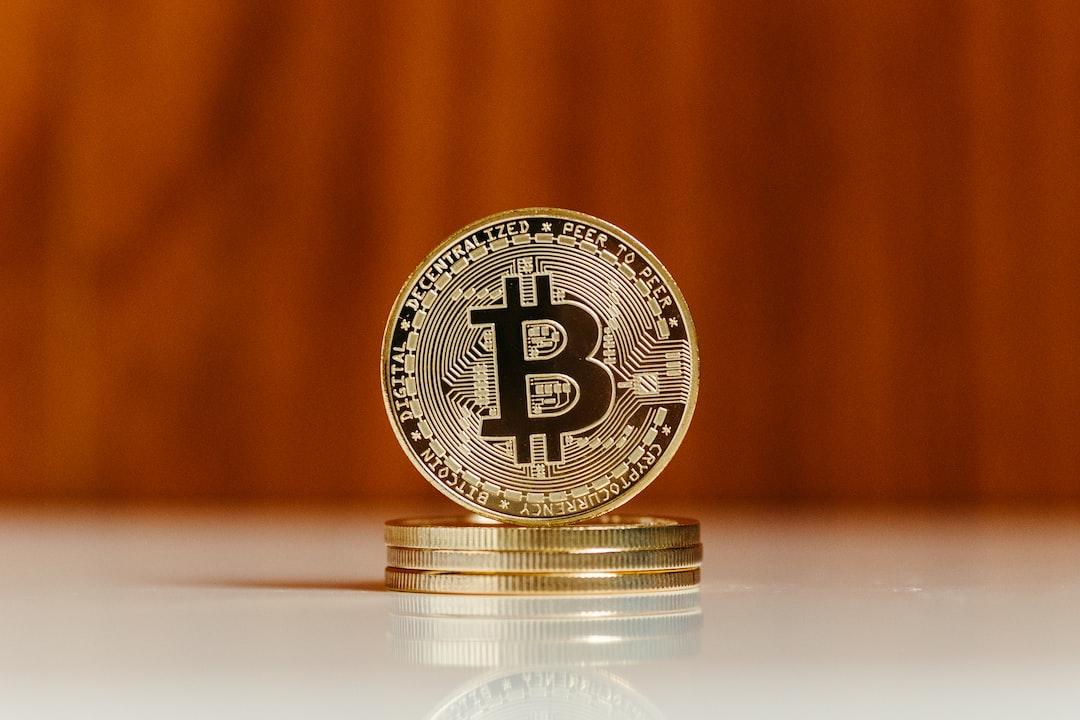Grayscale has submitted a privacy-based ETF application to the US Securities and Exchange Commission (SEC), which will track companies involved in data security and protection, as well as internet security products and services (including blockchain-based technological solutions), while also holding Grayscale’s privacy coin fund, Grayscale Zcash Trust.
Nate Geraci, President of consulting firm ETFStore, commented that privacy coins have experienced a surge in value, possibly due to the attention they have received from Grayscale, a major asset management giant. According to CoinGecko data, the top five privacy coins by market capitalization have performed as follows in the past 24 hours:
– Monero (XMR): $122.84, up 3%
– MASK: $4.34, up 6.8%
– Zcash (ZEC): $27.13, up 12.6%
– Dash: $30.12, up 4.2%
– Decred (DCR): $17.88, up 3.4%

Source: CoinGecko
Will the SEC approve the Grayscale privacy-focused ETF?
Privacy coins are cryptocurrencies created with an emphasis on privacy as a primary feature. They provide higher anonymity compared to other cryptocurrencies like Bitcoin by obscuring transaction details, including the identities of transacting parties and the transaction amounts.
However, this characteristic of privacy coins has also made them susceptible to abuse by illegal actors, such as money laundering and transactions on the dark web. This has put pressure on privacy coins from regulatory authorities around the world. The EU previously stipulated in the Markets in Crypto-Assets Regulation (MiCA):
Therefore, it is still uncertain whether the SEC, which already holds a suppressive attitude towards cryptocurrencies, will approve the related ETF submitted by Grayscale. We will continue to monitor the developments in this regard.

Related Reports
Binance Belgium Delists Privacy Coins, Bans Monero (XMR), MobileCoin, etc.
Binance Suffers in Europe! Withdraws License Application in Austria, EU Zone Halts Privacy Coin Project
The End of Privacy Coins: Binance to Delist Monero (XMR), Zcash (ZEC), Dash, etc. under Increased Regulatory Pressure


